Sunlight – nature’s gift, a source of life and energy that has shaped life on Earth for millions of years. It gives us warmth, and photosynthesis, and plays a crucial role in regulating our biological clocks. However, recent research suggests that sunlight might have addictive properties, as we get the same kick out of being in the sun that we get from any addictive substance or behavior. This research opens up a fascinating conversation about the complex relationship between humans and the sun.
Contents
The Science Behind Sunlight and the Brain
Exposure to sunlight triggers the release of serotonin, a neurotransmitter associated with feelings of happiness and well-being. Sunlight also stimulates the so-called “pleasure center” in the brain and releases a rush of feel-good chemicals like endorphins – the body’s natural painkillers, further enhancing our sense of pleasure and relaxation. These chemical reactions create a natural high, making time spent in the sun an appealing and potentially addictive experience.
Moreover, the sun plays a vital role in regulating our circadian rhythms and sleep patterns. Exposure to natural light during the day helps sync our internal clocks, promoting better sleep at night. Disruptions in this cycle can lead to insomnia and other sleep disorders, reinforcing the desire for more sun exposure to restore balance.
Vitamin D
Vitamin D can be found in food, added to the diet with supplements or produced when ultraviolet (UV) rays from sunlight strike the skin and trigger vitamin D synthesis.
So the human craving for sun can be more than just a tanning ritual and favorizing the summer time. We humans need vitamin D to survive and specific amounts for our body to function normally while it is also crucial for calcium absorption in the gut, maintaining optimal serum calcium and phosphate levels essential for normal bone health. Aside from the fortified food, there is not much vitamin D in the food, so humans experience pleasure when they get the needed vitamin D from the sun.
Skin Cancer
While sunlight has numerous health benefits, excessive exposure can be harmful.
Overexposure to ultraviolet (UV) radiation from the sun can cause skin damage, premature aging, and increase the risk of skin cancer. Despite knowing these risks, some may find it challenging to limit their sun exposure due to the addictive nature of sunlight.
With its known cause, skin cancer is one of the most preventable forms of cancer. However, despite all of the knowledge on this topic, skin cancer is on faster rise than any other form of cancer.
Only a few years back, SPF started gaining major attention in the beauty scene. Before that, most people weren’t aware of or concerned about the risks of about the risk of everyday sun exposure, even in the wintertime.
The Dark Side of Sunlight Addiction
As said, while sunlight has numerous health benefits, excessive exposure can be harmful.
Similar to drug addiction, people can develop a tolerance to sunlight, requiring increasing amounts to achieve the same pleasurable effects. This can lead to excessive sunbathing, neglecting protective measures, and potentially endangering one’s health while chasing the ‘sun high.’
Balancing Sunlight Enjoyment and Safety
While overexposure to sunshine can be dangerous, finding a balance between enjoying the benefits of sunlight and ensuring one’s safety is crucial. Here are some tips to help maintain a healthy relationship with the sun:
Moderation is Key
Enjoy sunlight in moderation and during safe hours to minimize UV exposure. Avoid extended sun exposure during peak hours when UV rays are strongest.
Protect Your Skin
Aside from it being a “trend” you should use sunscreen with a high SPF, wear protective clothing, and seek shade to reduce the risk of sunburn and skin damage.
Plan the Outdoor Activities
Plan your outdoor activities to optimize sun exposure during daylight while aligning with your natural rhythm and habits to increase overall well-being.
Regular Check-ups
Schedule regular skin check-ups with a dermatologist to monitor any signs of skin damage or potential concerns related to sun exposure.
Stay Informed
Keep yourself informed about the risks and benefits of sunlight exposure, and check the UV factors for the day to make healthy decisions about your outdoor activities and your skin.
While sunlight is undoubtedly a source of joy and essential for our well-being, it’s important to recognize and understand its potentially addictive and dangerous side. Striking a balance between enjoying the sun and safeguarding our health is a must. By being aware of the risks and adopting responsible sun exposure practices, we can continue to enjoy the natural light while minimizing damaging effects on our bodies and skin.



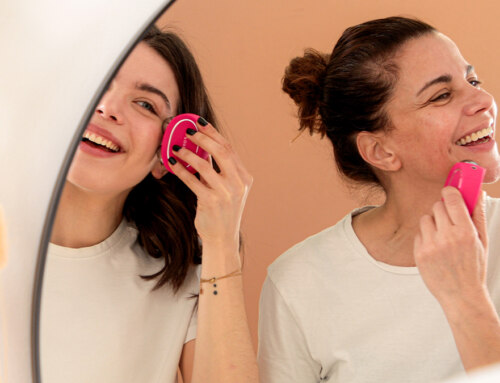
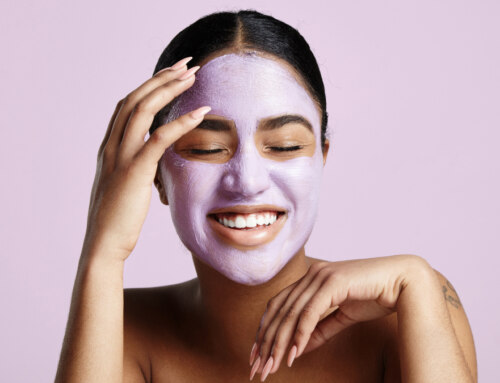
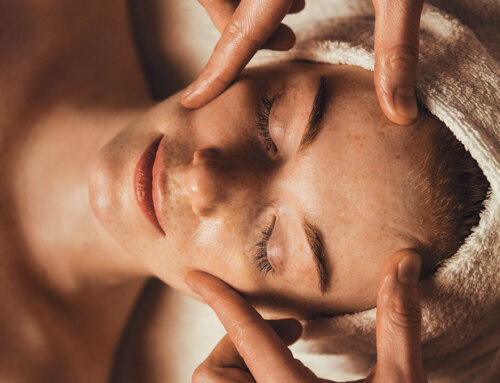









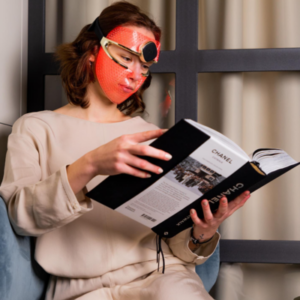
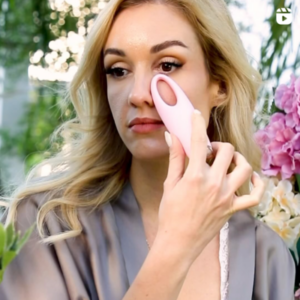




Leave A Comment